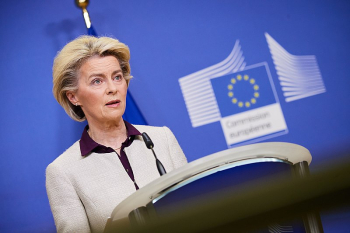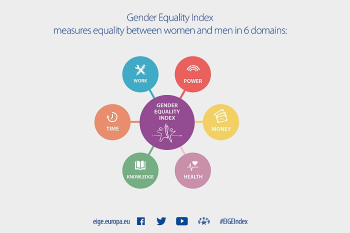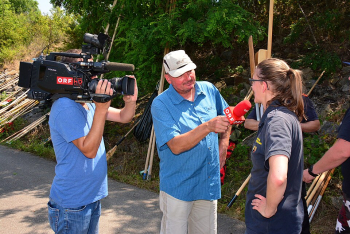
According to a report by NewsGuard, approximately 20% of news-related videos on TikTok contain misinformation. This alarming finding raises questions about the credibility and
accuracy of the news content circulated on the platform. As misinformation can distort public perception and influence decision-making, the prevalence of false or misleading information on TikTok could have severe implications for European democracy.
According to the latest news consumption report by Ofcom, TikTok has become a major and growing source of news for 10% of UK adults. Surprisingly, this figure matches the proportion of UK adults who rely on The Guardian for their news, and it surpasses the numbers for BBC Radio 1 and Channel 5.
The increasing popularity of social apps, including TikTok, as sources of news among teenagers and young adults is not surprising. This shift in news consumption habits poses a significant concern for those who prioritize supporting high-quality news organizations and the fundamental principles of democracy. As younger generations turn to social media for news, there is a risk of them being exposed to biased or sensationalized content that may not uphold the same journalistic standards as traditional media outlets.
The platform's format, characterized by short videos and user-generated content, can lead to simplified or oversimplified news coverage. This can affect the depth of understanding and context that users gain on important societal issues, potentially leading to misinformed opinions and decisions.
TikTok's algorithm-driven content curation may inadvertently contribute to the spread of misinformation. Users may be exposed to content that aligns with their pre-existing beliefs, creating echo chambers that reinforce biases and foster division within society.
A healthy democracy depends on the availability of accurate and trustworthy information. The growing reliance on TikTok for news consumption, coupled with the presence of misinformation, could erode public trust in credible news sources, ultimately weakening the democratic foundation.
The younger generation's inclination towards TikTok as a news source may also impact their participation in democratic processes. If the information they receive is skewed or unreliable, it could hinder their ability to make well-informed decisions as responsible citizens.
While TikTok's rise as a news source among younger audiences is not surprising, the presence of misinformation on the platform and its potential influence on European democracy should not be underestimated. NewsGuard's report underscores the need for critical media literacy and robust fact-checking measures to combat the spread of false information. Additionally, fostering a healthy news environment that upholds journalistic integrity and credibility is essential in safeguarding the democratic values cherished by European societies. As TikTok continues to shape the news consumption landscape, it is crucial to address the challenges it poses and work towards preserving the tenets of a strong and informed democracy.
















